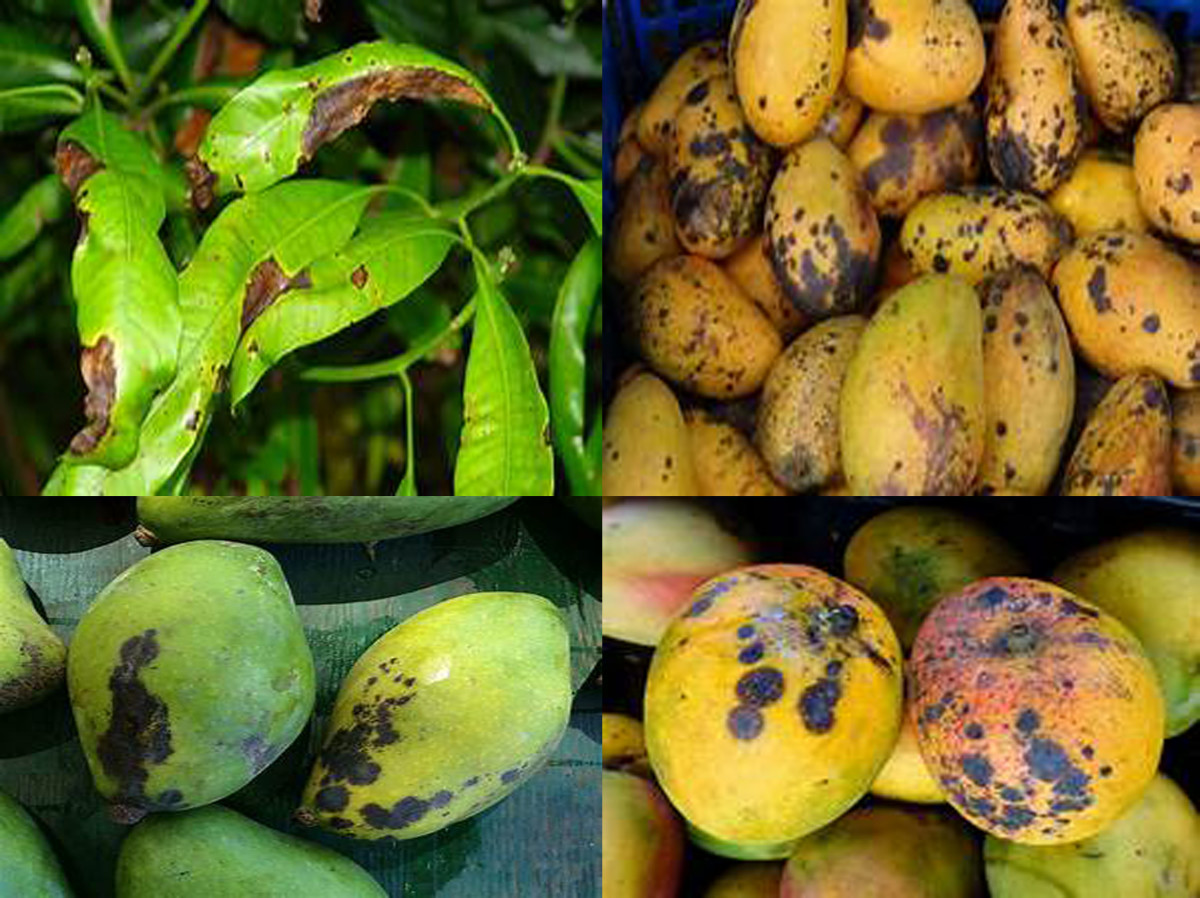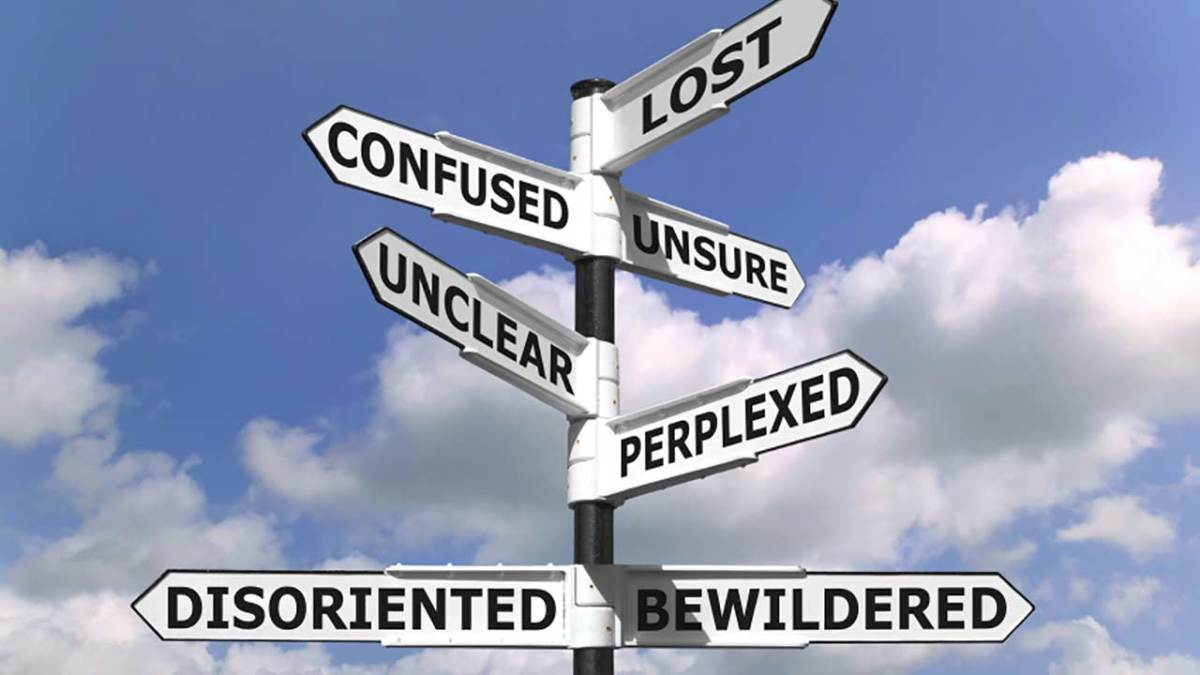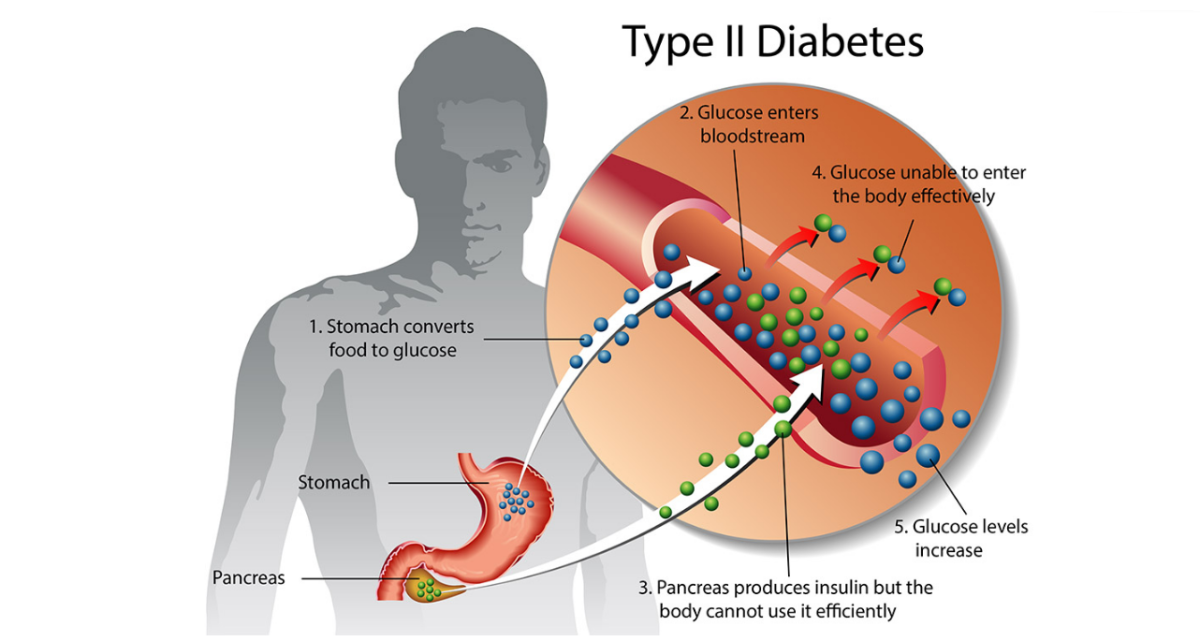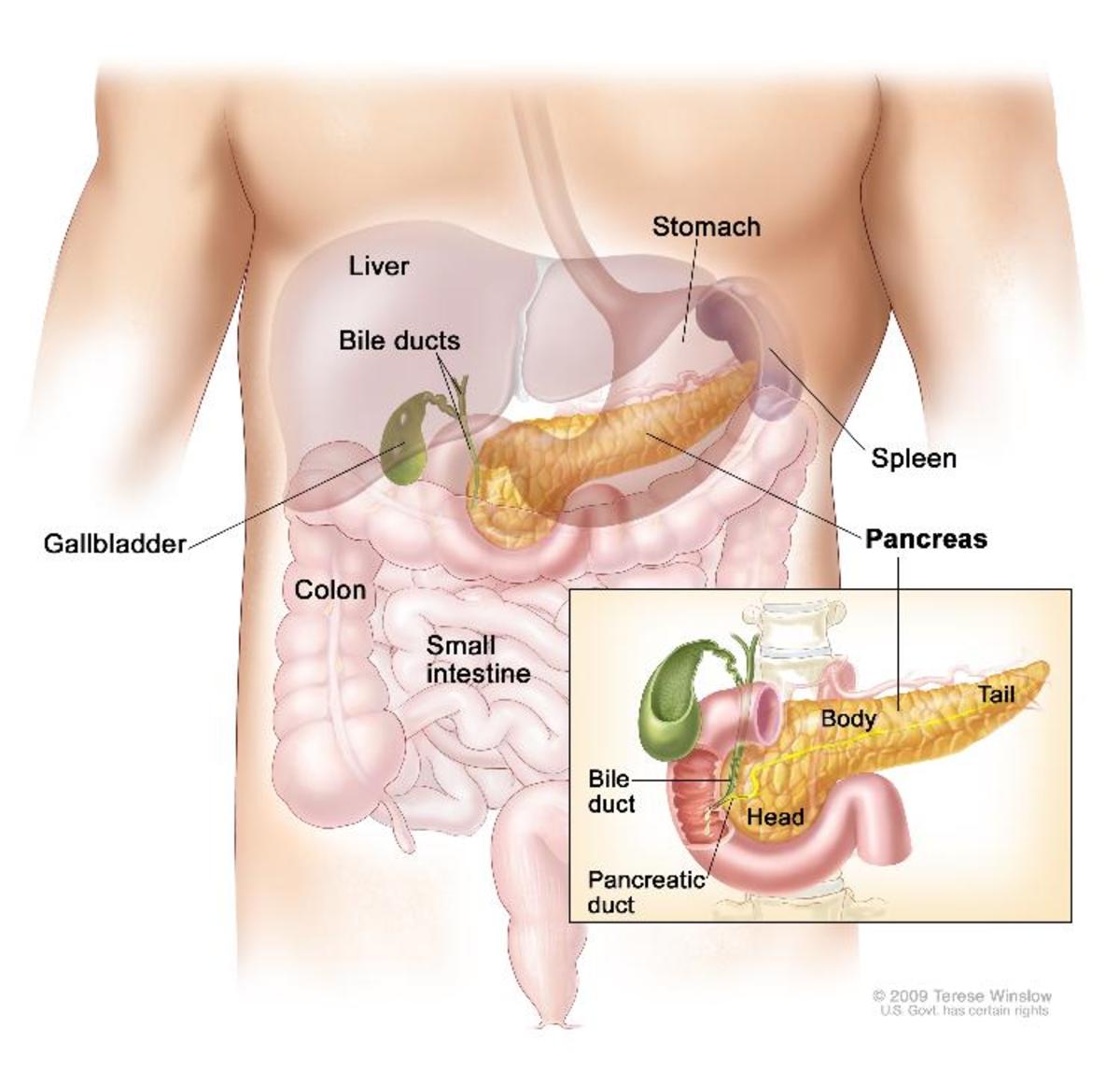It's All About Elderly
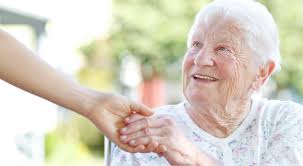
What Do We Need To Know?
Taking Care for an elderly is never an easy task. We have to understand their attitude so that we can establish rapport with them. We need to acquire qualities in us that may help us deal with them.
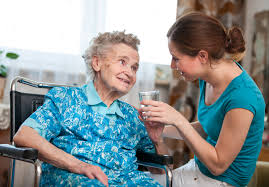
Qualities of Good Caregiver
- God-Fearing
- Patience
- Compassion
- Attentiveness
- Trushworthiness
- Flexibility
- Empathy
- Communication Skiils
- Emotional Stability
- Interpersonal Skills
- Attention to Detail
- Physical Endurance
- Respect
- Generosity
- Humility
- Love
- Kindness
- Appreciation
- Warm-Hearted
- Friendly
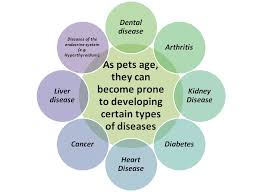
5 Most Common Diseases During Old Age
We have to understand that each elderly feels and think differently especially when they have diseases. We have to know the different diseases so that we can understand their situations easily without judging their personal life. These diseases are the following:
1. Alzheimer's Disease is a general term for memory loss and other cognitive abilities serious enough to interfere with daily life.
Signs and Symptoms:
- Increasing Challenges with memory and difficulty with everyday tasks
- Struggling to find the right word
- Confusion with time or place and getting lost
- Misplacing things
- Changes in mood and personality
- Having Short-term memory loss
2.Osteoarthritis is sometimes called degenerative joint disease and it is the most common chronic condition of the joints.
Signs and Symptoms:
- Sore and stiff joints
- A grating and scraping condition when moving the knee
- Pain in the groin or buttocks area
- Pain and tenderness is felt in the large joint at the base of the big toe
- Swollen fingers
3.Osteoporosis is a bone disease that occurs when the body loses too much bone or makes too little bone or both.
Signs and Symptoms:
- Back Pain
- Stooped Posture
- Loss in Height over time
4.Cardiovascular Disease is also called a heart disease
Signs and Symptoms:
- Chest pain
- Shortness of Breath
- Pain, numbness, weakness or coldness in your legs or arms if the blood vessels in those parts of your body are narrowed.
- Pain in the neck, jaw, throat, upper abdomen or back.
5. Diabetes describes a group of metabolic diseases in which the person has high blood glucose (blood sugar), either because insulin production is inadequate, or because the body's cells do not respond properly to insulin, or both.
Signs and Symptoms:
- Polydipsia
- Polyphagia
- Lethargy
- Stupor
- Blurred Vision
- Hyper Ventilation
- Polyuria
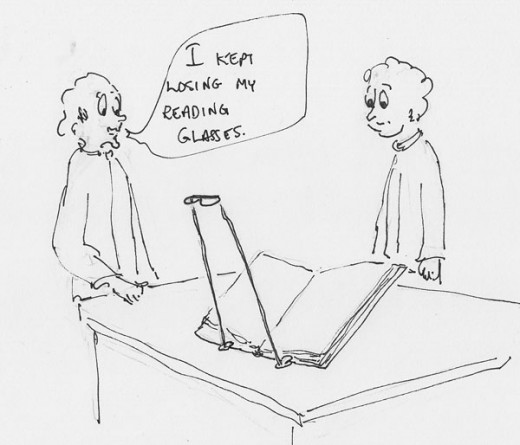
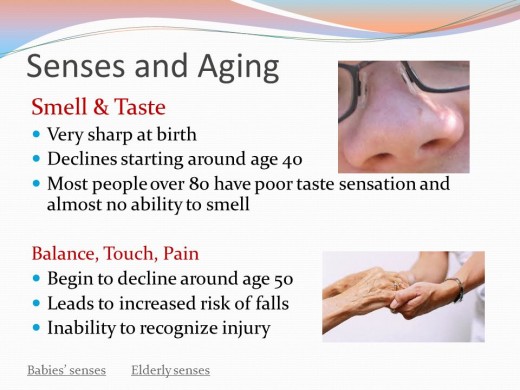
Following Five Sense
1. Sight/ Vision
Most old people have difficulty in recognizing things because they have problem with their vision.
What To Do:
- Provide a well lighted place.
Remove rags or anything which may cause them to slipped off.
- See an ophthalmologist to provide the proper reading glasses
2. Hearing/ Audition
The ability to hear diminish over time.
What To Do:
- Speak to them face to face and open your mouth properly
- Provide hearing aid.
- Speak in low frequency sound
3.Taste/Gustation
Older adults produce less saliva and a dry mouth reduces one’s taste perception.
What To Do:
- Make food presentation/decoration
- Cook foods which they love
- never let them eat alone
4. Smell/ Olfaction
The sense of smell can depreciate rather quickly. In fact, by the time a person reaches 50 years of age, their sense of smell can sometimes be only half as sharp as it was in their youth.
What To Do:
- See an otolaryngologist
- Always ask the physician if some of your patient's medications might affect his/her sense of smell
5.Touch/ Somatosensory
As we age,our sense of touch becomes less sensitive for a number of reasons. Not only has the skin developed a tougher exterior after a lifetime of working and battling the elements, but it has also suffered a loss of elastin and collagen, both of which are responsible for maintaining the skin’s elasticity.
What To Do:
- Always guide the elderly cause he/she might hold something that can burn him/her without him/her noticing it.





